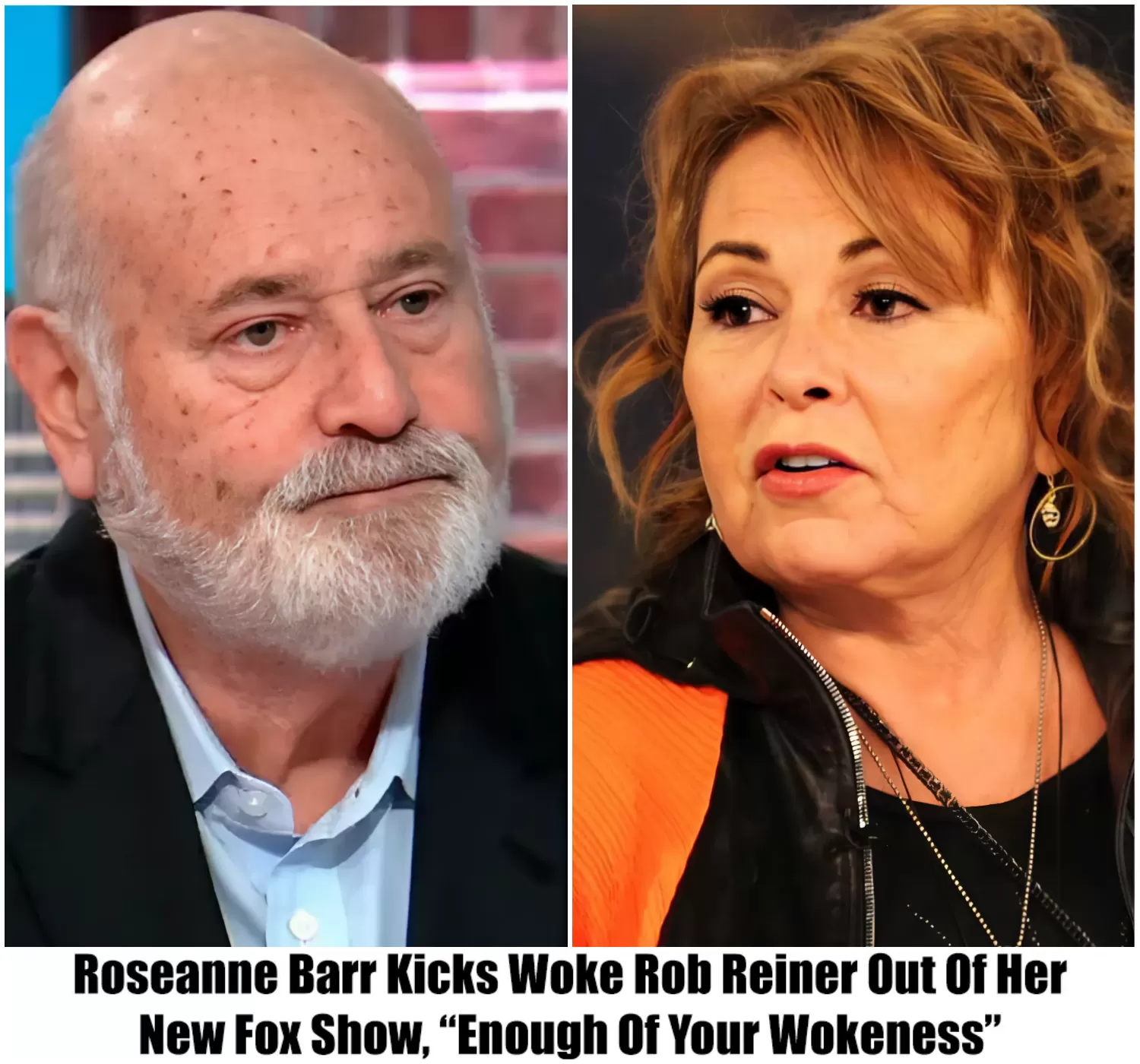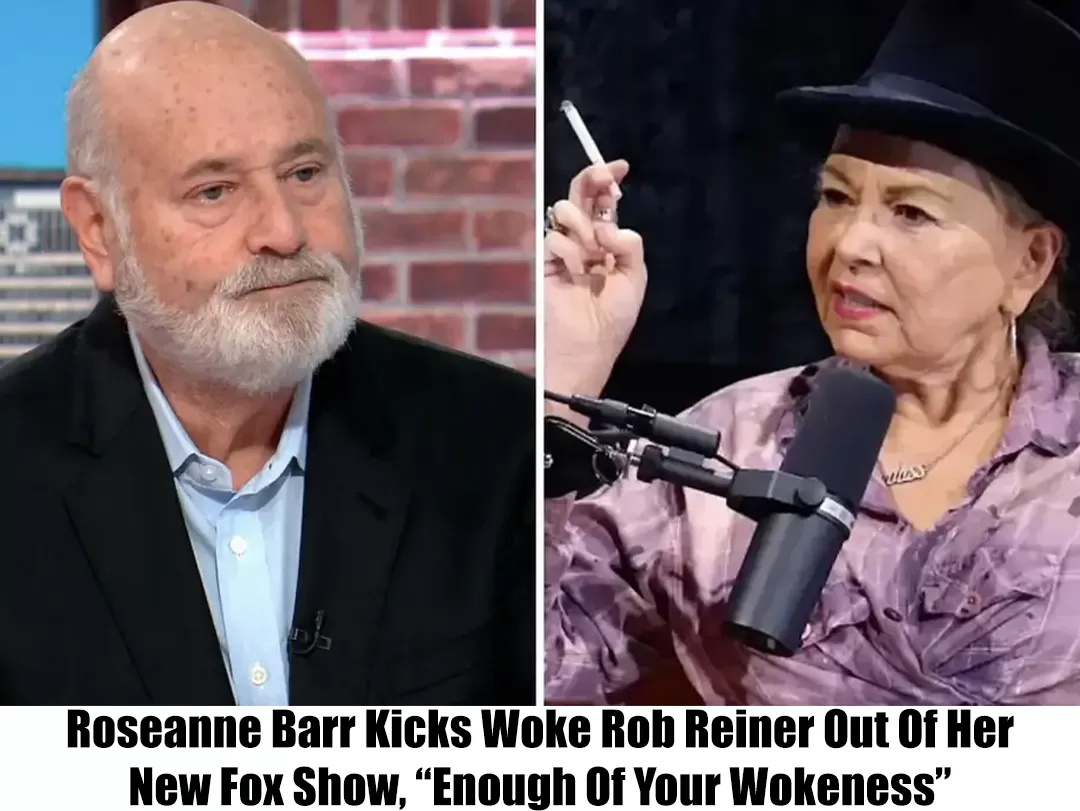In the evolving landscape of American entertainment, the intersection of politics and pop culture has never been more pronounced. Celebrities are increasingly becoming influential voices in social and political discourse, and the recent controversy between Roseanne Barr and Rob Reiner highlights this dynamic.
Roseanne Barr, a veteran actress and comedian known for her outspoken nature, has long been a polarizing figure. Her original sitcom, “Roseanne,” broke ground by addressing issues such as poverty, race, and sexuality, resonating with many working-class Americans. However, her return to television in 2018 ended abruptly due to controversial remarks on social media. Despite this setback, Barr remains a prominent conservative voice in Hollywood, often aligning herself with right-leaning figures.

Conversely, Rob Reiner is a well-known liberal activist and director, celebrated for his vocal opposition to the Trump administration. He has utilized his platform to advocate for progressive policies, making him a contentious figure within the industry.
The conflict began when Barr announced her new sitcom on Fox, a network recognized for its conservative leanings. Initially, she decided to cast Reiner in a recurring role, aiming to showcase a diversity of political perspectives. However, as production progressed, tensions between the two became apparent. Their differences culminated in a heated argument during a table read, leading Barr to ultimately fire Reiner from the project.
This unexpected decision sent shockwaves through both Hollywood and the political arena, igniting a fierce debate about the role of “wokeness” in entertainment. On one side, advocates for political diversity argue that the entertainment industry should foster a space for varying viewpoints. They assert that art should transcend politics, allowing creators to express themselves freely without fear of backlash.
On the other hand, critics contend that the industry has become overly politicized, often promoting a one-sided narrative that marginalizes conservative voices. In this context, Barr’s action against Reiner is seen by some as a rejection of the industry’s perceived left-leaning bias.
The term “wokeness” has emerged as a contentious buzzword, representing a heightened awareness of social issues, particularly those related to identity and inequality. While many view it as a progressive movement aiming to address systemic injustices, others criticize it for stifling free expression and fostering a culture of cancelation.
Barr’s decision to remove Reiner can be interpreted as a pushback against what she perceives as excessive “wokeness.” She may have felt that Reiner’s liberal views were encroaching on her creative vision, prompting her to act decisively. This incident raises significant questions about the role of political consciousness in entertainment and whether it should take precedence over artistic integrity.

Following the fallout, Barr’s new show garnered both support and criticism. Some conservative viewers lauded her for standing against what they consider liberal dominance in Hollywood, while others condemned her for silencing a differing perspective.
Reiner did not remain silent, using social media to voice his disappointment and accusing Barr of censorship. He emphasized that the entertainment industry should be a platform for diverse opinions, asserting that his firing represented an infringement on free speech.
The clash between Barr and Reiner serves as a microcosm of a larger conversation about the blending of politics and entertainment. As these realms continue to intersect, similar conflicts are likely to emerge. The challenge remains: how can the industry balance the promotion of diverse perspectives while respecting artistic freedom and differing viewpoints?
One potential solution involves fostering transparency among creators regarding their political intentions and themes when developing projects. This approach could facilitate open discussions and set clear expectations. Moreover, the industry must cultivate an environment that values and encourages diverse voices, irrespective of their political affiliations.
Ultimately, the conflict between Roseanne Barr and Rob Reiner underscores the ongoing debate about the role of politics in entertainment. It highlights the complexities creators face when navigating the intricate relationship between art and activism. To genuinely reflect the diverse perspectives of the American populace, the industry must embrace both diversity and artistic freedom, fostering dialogue that can bridge ideological divides.